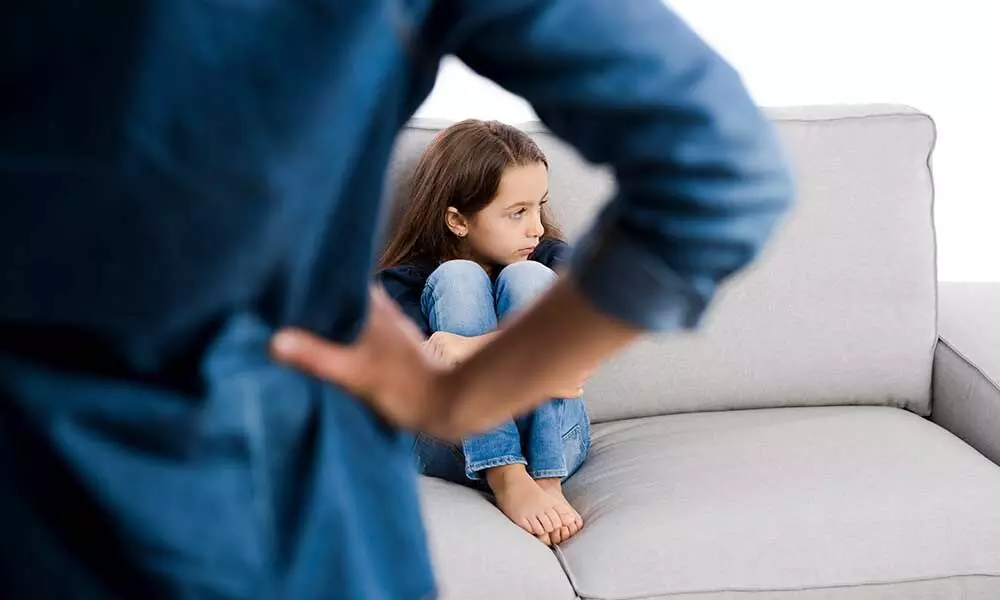
Harsh parenting lead to smaller brains in children: Study
text_fieldsHarsh-parenting practices in childhood have long-term negative repercussions on the child's brain development. A recent study shows that hitting, shaking, yelling, and repeatedly getting angry at children can lead them to develop small brains.
Severe abuse and neglect from parents have previously been proved to stunt the growth of children's brains, but this study, published in the journal Development and Psychology, is the first to identify the link between harsh parenting practices, children's anxiety and the anatomy of their brains.
The researchers monitored the children from CHU Saint-Justine, a mother and children hospital in Montreal, since their birth and annually evaluated the parenting practices and child anxiety levels while the children were between the ages of 2 and 9.
The children were divided into groups based on their exposure to high or low persistent harsh parenting. The anxiety levels were analyzed, and anatomical MRIs were also performed on children between the ages of 12 and 16.
The results showed that adolescents who were repeatedly exposed to harsh parenting have smaller prefrontal cortexes and amygdala, which are the brain's two structures that play a major role in controlling thoughts, actions, emotional responses, and the emergence of anxiety and depression.
"It's the first time that harsh parenting practices that fall short of serious abuse have been linked to decreased brain structure size… I think what's important is for parents and society to understand that the frequent use of harsh parenting practices can harm a child's development. We're talking about their social and emotional development, as well as their brain development," said Sabrina Suffren, lead author of the study.






















